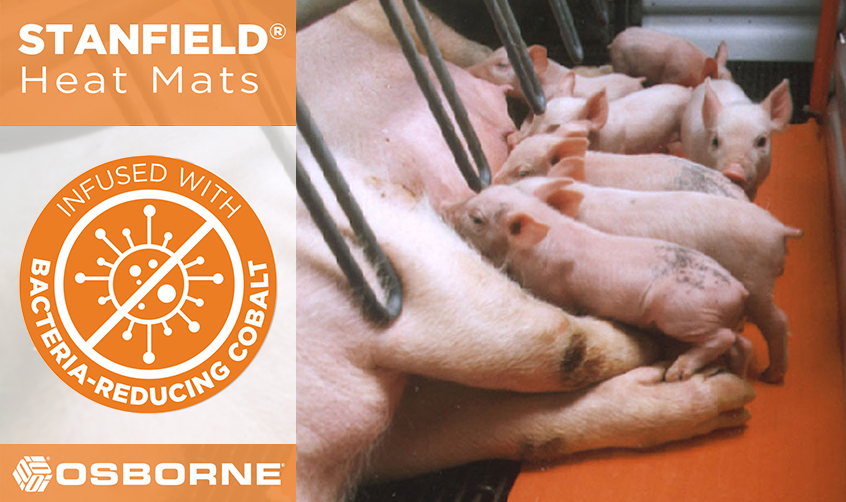



Weekly Overview: Moves to Stop Things Going Wrong in the Pig Sector
GLOBAL - Closed-circuit TV has been proposed in slaughterhouses in the UK to prevent abuses of animal welfare rules. A large new study in the EU aims to help reduce antibiotic resistance in farm livestock as retailers are increasingly taking the lead in this issue. New outbreaks of PED continue in the US and Canada, while we are also publishing a first-hand report of a major outbreak in Ukraine in 2014.An all-seeing eye and independent monitoring would ensure the best possible animal welfare conditions in UK slaughterhouses, said MP Henry Smith in a debate on welfare conditions in slaughterhouses in the House of Commons last week.
Mr Smith, a self-confessed vegetarian, said that he was calling for CCTV cameras to be installed in slaughterhouses as a matter of animal welfare. He said that the vets, who are on site in slaughterhouses, are not everywhere at once, and too many incidents have been missed.
The debate, which had been scheduled for some time, followed the recent incident in a Yorkshire slaughterhouse where animal welfare campaign group, Animal Aid, had taken video footage of the ill-treatment of sheep during Halal slaughter.
A new analysis of antimicrobial data in Europe confirms the link between humans and animals in the transmission of resistance.
The study by the European Food Safety Authority (EFSA) shows that there are also important differences in the consumption of antimicrobials in animals and in humans between European countries.
This is the first integrated analysis of data from humans, animals and food in Europe includes data on antimicrobial consumption by animal species, data on antimicrobial consumption in hospitals in more European countries and monitoring of resistant bacteria in the normal flora from both healthy and diseased people.
The strongest associations between consumption and resistance in food-producing animals were found for the antimicrobials studied in relation to indicator E. coli. Positive associations were also noted for Salmonella spp. and Campylobacter spp.
The retailer is taking an increasing role in reducing the use of antibiotics on farms as consumers become ever more aware of antibiotic resistance.
And finally, turning to news on porcine epidemic diarrhoea (PED), new outbreaks are reported each week in the United States at a higher rate than in the warmer summer months but fewer than last winter. Two new outbreaks were reported in Ontario, Canada, last week, following another two the previous week. Experts are warning producers to be on the look-out for signs of the disease and to ensure pig feeds are free of blood products of porcine origin.
One of our new features this week covers first-hand experience of a leading pig veterinarian of a PED outbreak in Ukraine last year. Around 30,000 piglets were lost in the outbreak and performance took almost five months to return to normal.








